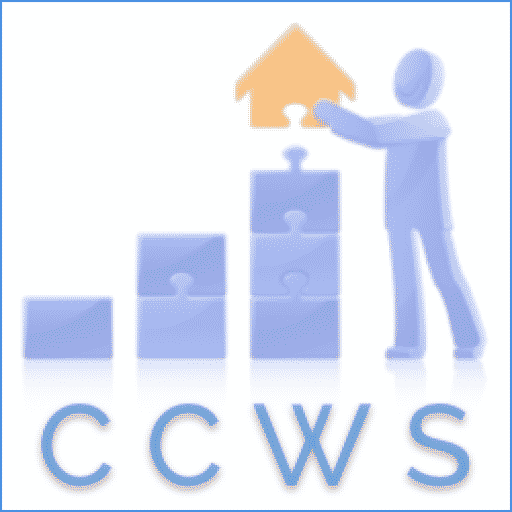It’s very easy to get carried away in knowing how versatile WordPress is. And forget that many people may assume that WordPress is for blogging only.
During a presentation recently I was asked how I was going to manage the content on a client’s website. Oh, said I, we use WordPress as the core and then customise it to manage your content.
“but is WordPress for blogging only?” came the response.
Putting aside my initial sense of indignation I realised that I had completely missed judged the presentation. Is WordPress for blogging only? is actually a perfectly reasonable question. I had completely taken for granted that I would not have to explain what makes WordPress so versatile.
WordPress is more than a blog
- It takes hours of coding working to build a database driven website. Hours of writing code, manipulating a database and the inevitable bug hunt. WordPress does the basics in less than 5 minutes.
- It’s free. Out of the box it’s completely free to use, alter and modify on any website. You don’t pay a penny for WordPress.
- There is a massive community supporting the maintenance and development of WordPress. The variables (themes, hosts, software versions, combination of plugins) are almost infinite but you can always find guidance from within the WordPress community. (again free).
- WordPress is SEO friendly without any modifications and at its core it is Standards compliant.
Just for Blogging?
Yes, if you like!
You can set up WordPress as a blog in seconds. Pick a theme, start writing content and you’re done. And there are plenty of sites on the web doing exactly that.
However, there is so much more. An e-commerce site complete with shopping cart. A full company website with forms, lead generation, brochure, user registration.
Maybe a community website with discussion areas, profiles and social media interaction.
User Friendly.
Having said how easy it is to set up a basic website, it’s worth pointing out that the more complex installations may require a little more expertise.
But, the beauty is that once set-up the end user can manage the basic website themselves with very little training. Many of my clients will use my services to set up their site and handle upgrades or improvements. But they will manage the day-to-day content management. Saving them significant amounts of money compared to the more conventional website management arrangements.


